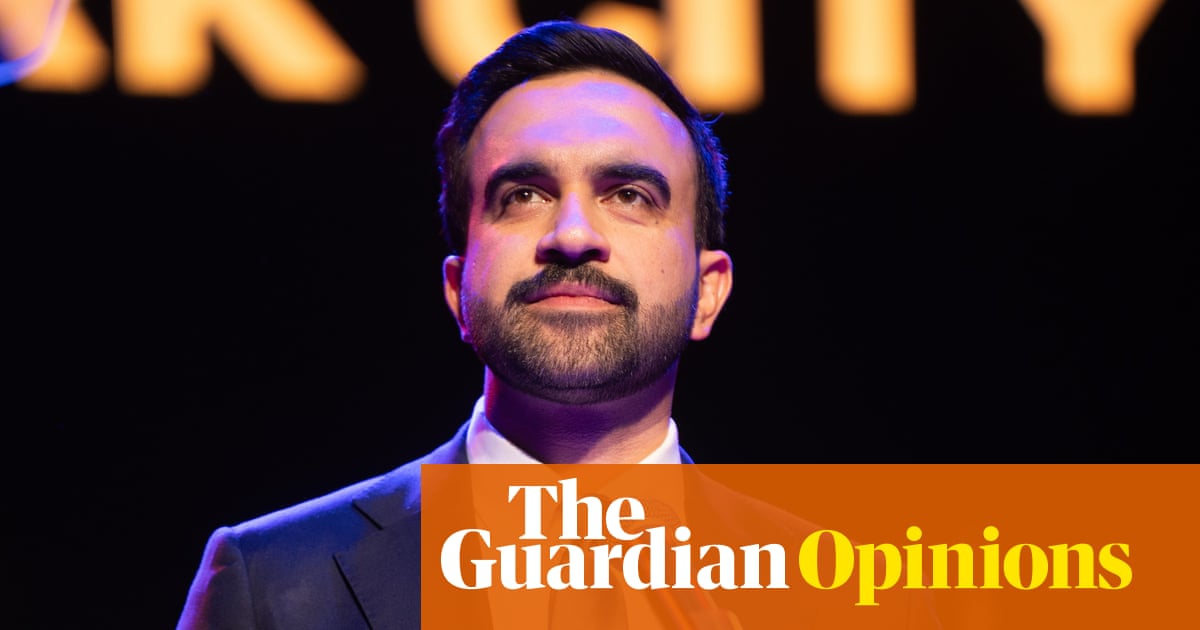U.S. President Donald Trump has a habit of exaggerating threats where they barely exist while ignoring genuine catastrophes unfolding in plain sight. His recent claims that Christians are existentially threatened in Nigeria are wildly overblown—the reality in Africa’s most populous nation is complex, with violence afflicting Muslims and Christians alike. But while Trump fixates on a phantom problem, a very real calamity is reaching its crescendo in Mali, where al Qaeda-affiliated militants are strangling the capital as the country teeters on the brink of becoming the first nation governed by Osama bin Laden’s heirs.
This ought to seize the president’s attention. Not just because Mali’s collapse would send shockwaves across the Sahel and beyond, destabilizing an already volatile region and creating new sanctuaries for terrorist groups. But also because a main culprit for this disaster is someone whom Trump loves to invoke with contempt: French President Emmanuel Macron.
U.S. President Donald Trump has a habit of exaggerating threats where they barely exist while ignoring genuine catastrophes unfolding in plain sight. His recent claims that Christians are existentially threatened in Nigeria are wildly overblown—the reality in Africa’s most populous nation is complex, with violence afflicting Muslims and Christians alike. But while Trump fixates on a phantom problem, a very real calamity is reaching its crescendo in Mali, where al Qaeda-affiliated militants are strangling the capital as the country teeters on the brink of becoming the first nation governed by Osama bin Laden’s heirs.
This ought to seize the president’s attention. Not just because Mali’s collapse would send shockwaves across the Sahel and beyond, destabilizing an already volatile region and creating new sanctuaries for terrorist groups. But also because a main culprit for this disaster is someone whom Trump loves to invoke with contempt: French President Emmanuel Macron.
France’s failure in Mali represents one of the most spectacular examples of strategic incompetence in recent memory. And the consequences threaten the wider world.
The situation on the ground is dire. Jamaat Nusrat al-Islam wal-Muslimin, a jihadi coalition affiliated with al Qaeda, has effectively besieged the capital of Bamako, ambushing fuel convoys and cutting supply routes. Long lines snake from gas stations. Schools have closed. Western embassies are urging their nationals to flee. The militants have demonstrated an ominous new sophistication, using drones and conducting coordinated operations across hundreds of miles. This isn’t a ragtag insurgency anymore; it’s a proto-state in formation.
How did we arrive at this precipice? The answer lies in a decade of French hubris, tactical myopia, and postcolonial arrogance.
When Paris launched Operation Serval in 2013 to push back jihadis advancing on Bamako, it was hailed as a swift success. French troops recaptured key cities and restored government control. But as analysts at the London-based Royal United Services Institute have documented, this victory proved illusory. The armed groups merely dispersed, changing their strategy to a more diffuse, population-centric insurgency that embedded itself in local communities and exploited intercommunal conflicts.
France’s response—Operation Barkhane, a sprawling regional counterterrorism campaign that began in 2014—doubled down on the wrong approach. Rather than addressing the underlying communal conflicts and protecting targeted populations, France maintained its aggressive counterterrorism posture, pursuing armed groups and neutralizing their leaders whenever possible. The result? Violence increased dramatically, with the number of violent events rising 70 percent in 2021 alone, and tens of thousands have been killed and more than 2.5 million people displaced.
But France’s strategic failures were compounded by something more insidious: the suffocating legacy of colonialism. The perceived supremacy of France, derived from its colonial past and powerful military, shaped popular expectations—many Malians couldn’t fathom how the former colonial power was incapable of defeating local armed groups. This cognitive dissonance fueled conspiracy theories and anti-French sentiment that the military junta skillfully exploited after seizing power in 2020.
Macron’s inconsistency made matters worse. France bombed rebel convoys to support Chad’s Idriss Déby in 2019 and then endorsed his son’s unconstitutional power grab in 2021 while simultaneously lecturing Mali’s junta about democratic norms. The double standard was impossible for Malians to stomach.
The French departed in August 2022, leaving a vacuum that Russian mercenaries—first Wagner, now the “Africa Corps”—have failed to fill. Russian forces have suffered extensive casualties and alienated large sections of the population through brutal tactics, including summary executions of ethnic Fulani civilians.
Now Mali faces the unthinkable: becoming potentially the first country ruled by al Qaeda in the terrorist network’s four-decade history.
The wider world cannot afford this outcome. Mali’s fall would metastasize across the Sahel, with Burkina Faso—already wracked by violence—likely next. The militants have already claimed their first attack in Nigeria and are exploiting illicit economies across the tri-border area between Ivory Coast, Burkina Faso, and Ghana. The implications extend far beyond West Africa. A terrorist statelet in Mali would become a magnet for jihadis worldwide and a training ground for attacks on Europe and beyond.
Trump enjoys nothing more than shaming European leaders for their failures. This would be one instance where he’d be entirely justified. Macron’s Mali misadventure has created a gathering storm that threatens to engulf an entire region. France broke it, and France needs to lead the effort to fix it.
Macron should take the lead in cleaning up France’s mess. This would require Paris to commit real resources, not just rhetoric. It would also require engaging regional powers—Ecowas and the African Union—not sidelining them. Finally, it would require recognizing that counterterrorism absent political solutions is worthless, a lesson the United States learned in Iraq and Afghanistan that the French apparently need to relearn in the Sahel.
The alternative—watching Mali become al Qaeda’s first conquest—is unthinkable.







